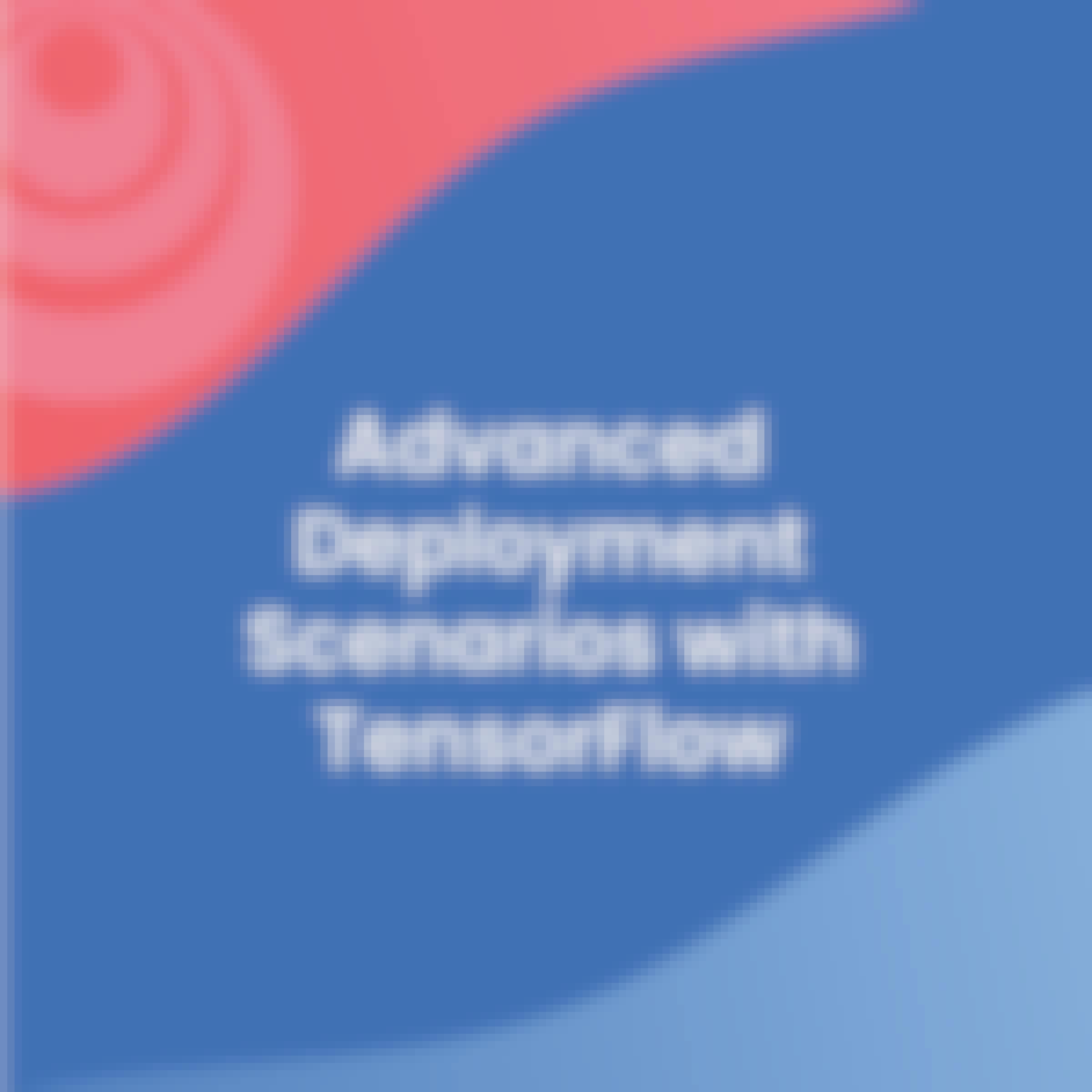Filter by
The language used throughout the course, in both instruction and assessments.
Results for "threat modeling"

Skills you'll gain: Vulnerability Assessments, Risk Management, Continuous Monitoring, Operational Risk, Threat Management, Intrusion Detection and Prevention, Cyber Risk, Vulnerability Management, Security Controls, Enterprise Risk Management (ERM), Risk Mitigation, Risk Analysis, Compliance Management, Security Information and Event Management (SIEM), Technical Communication, Auditing
 Status: Free
Status: FreeCoursera Instructor Network
Skills you'll gain: Cybersecurity, Cyber Attacks, Threat Modeling, Risk Analysis, Application Security, Vulnerability Assessments, Network Security, Threat Detection, Data Security, Artificial Intelligence, Risk Mitigation, Generative AI, Natural Language Processing

Kennesaw State University
Skills you'll gain: Risk Management, Cyber Governance, Cost Benefit Analysis, Security Management, Risk Management Framework, Vulnerability Management, Cyber Attacks, Cybersecurity, Threat Management, Cyber Risk, Operational Risk, Risk Analysis, Enterprise Risk Management (ERM), Business Risk Management, Risk Mitigation, Cyber Threat Intelligence, Vulnerability Assessments, ISO/IEC 27001, Threat Detection, Risk Modeling

Microsoft

University of California, Davis
Skills you'll gain: Security Engineering, Computer Networking, Cryptography, Network Security

University of Colorado System
Skills you'll gain: Distributed Denial-Of-Service (DDoS) Attacks, Authentications, Cloud Security, Cybersecurity, Threat Detection, Cyber Attacks, Network Security, Vulnerability Assessments, Cloud Services, Data Security, Human Factors (Security), Personally Identifiable Information

DeepLearning.AI
Skills you'll gain: Machine Learning, Tensorflow, Applied Machine Learning, Deep Learning, Computer Programming

Imperial College London
Skills you'll gain: Epidemiology, Mathematical Modeling, Statistical Modeling, Simulations, Infectious Diseases, R Programming, Network Model, Differential Equations, Statistical Methods, Quantitative Research, Applied Mathematics, Probability

Stanford University
Skills you'll gain: Bayesian Network, Applied Machine Learning, Machine Learning Algorithms, Markov Model, Machine Learning, Predictive Modeling, Network Model, Network Analysis, Probability Distribution, Statistical Methods, Probability & Statistics, Algorithms, Statistical Inference

University of Colorado Boulder
Skills you'll gain: Power Electronics, Electronic Systems, Electrical Engineering, Model Based Systems Engineering, Engineering Analysis, Simulations, Mathematical Modeling, Simulation and Simulation Software, Systems Analysis, Basic Electrical Systems, Semiconductors, Computer-Aided Design, Matlab, Technical Design, Engineering Design Process, Verification And Validation, Design Specifications, Design Strategies

Rice University
Skills you'll gain: Statistical Hypothesis Testing, Microsoft Excel, Pivot Tables And Charts, Regression Analysis, Descriptive Statistics, Probability & Statistics, Graphing, Spreadsheet Software, Probability Distribution, Business Analytics, Statistical Analysis, Statistical Modeling, Excel Formulas, Data Analysis, Data Presentation, Statistics, Sample Size Determination, Box Plots, Statistical Inference, Estimation
 Status: Free
Status: FreeCoursera Instructor Network
Skills you'll gain: Cyber Threat Intelligence, Cyber Security Assessment, Cybersecurity, Threat Detection, Incident Response, Cyber Operations, Generative AI, Data Ethics, Security Testing, Vulnerability Assessments
In summary, here are 10 of our most popular threat modeling courses
- Risk Identification, Monitoring, and Analysis: ISC2
- Introduction to Prompt Injection Vulnerabilities: Coursera Instructor Network
- Cybersecurity Risk Management Frameworks: Kennesaw State University
- Data Modeling and Architecture: Microsoft
- Identifying Security Vulnerabilities: University of California, Davis
- Cyber Threats and Attack Vectors: University of Colorado System
- Advanced Deployment Scenarios with TensorFlow: DeepLearning.AI
- Infectious Disease Modelling: Imperial College London
- Probabilistic Graphical Models 3: Learning: Stanford University
- Modeling and Control of Power Electronics: University of Colorado Boulder










